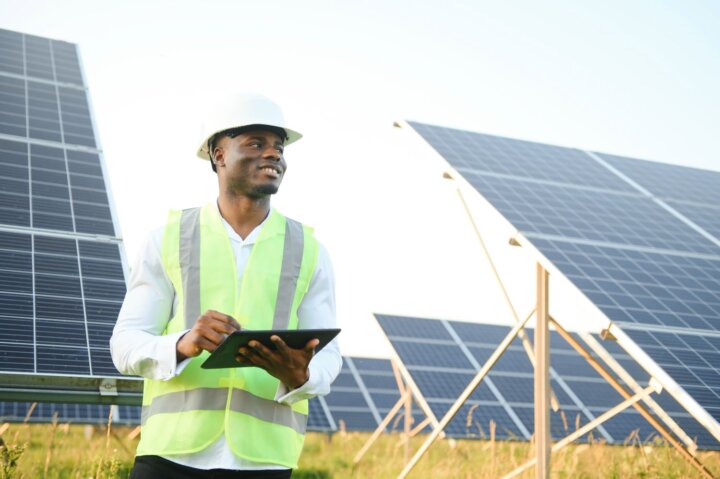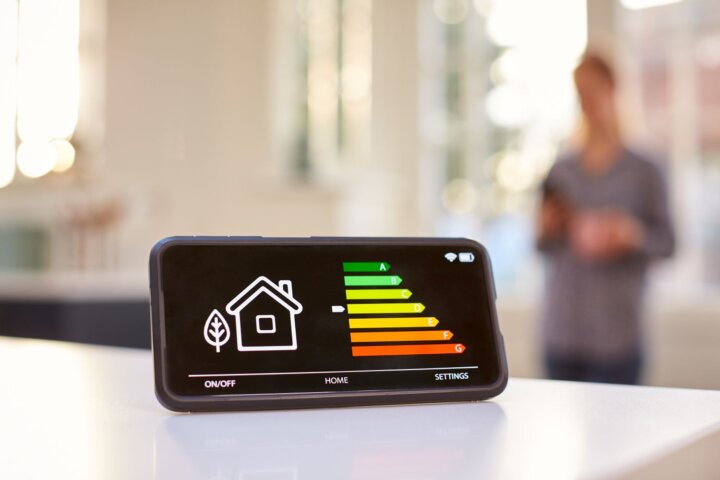Business in the Caribbean face the complex challenges of a tropical climate and rising energy costs. They can significantly benefit from advanced HVAC technologies. Variable Refrigerant Flow (VRF) systems, coupled with Building Management Systems (BMS), offer a powerful combination for enhancing energy efficiency, guest comfort, and operational efficiency. In this post, we will discuss how the powerful combination of VRF systems and BMS can significantly improve energy efficiency, lower operational costs, while still improving occupant comfort, with a primary focus on the hotel industry.
Traditional HVAC Systems: A Comparison
VRF systems are advanced HVAC systems that provide precise temperature control and energy efficiency. Unlike traditional systems, VRF systems allow for individual control of temperature zones, ensuring optimal comfort for guests in different areas of a hotel. This flexibility is particularly valuable in the Caribbean, where hotels often have a variety of room configurations and guest preferences.
Traditional hotel HVAC systems, such as packaged terminal air conditioners (PTACs), often struggle to provide the same level of efficiency and control as VRF systems. PTACs are typically individual units installed in each room. They are operated inconsistently and building operators have limited control of them. This inevitably can lead to inefficiencies.
Key Benefits of VRF Systems for Hotels
- Energy Efficiency. VRF systems are designed to minimize energy consumption, making them a cost-effective choice for hotels. By using heat recovery technology, VRF can transfer heat from occupied rooms to unoccupied areas, reducing the overall energy load.
- Zonal Control. The ability to control temperature zones individually allows hotels to tailor the environment to meet the specific needs of each guest. This enhances guest satisfaction and comfort, leading to repeat business.
- Quiet Operation. VRF systems are known for their quiet operation, ensuring a peaceful atmosphere for guests. This is especially important in hotels located in tourist areas or near residential neighborhoods.
- Flexibility. VRF systems can be installed in various configurations, making them suitable for both new construction and retrofit projects.
- Resilience. VRF systems can be designed to be resilient to natural disasters, such as hurricanes. By incorporating backup power and redundancy features, hotels can ensure continued operation during emergencies.
VRF systems offer superior efficiency, zonal control, and heat recovery capabilities, leading to lower carbon emissions compared to PTACs.
Building Management Systems
Building Management Systems (BMS) act as the central nervous system of a building, monitoring and controlling various systems, including HVAC, lighting, and security. When integrated with VRF systems, a BMS can further enhance energy efficiency in several ways.
- Optimized scheduling and control. The BMS can automatically adjust the VRF system’s operation based on predefined schedules. This can be turning off units during off-peak hours or adjusting temperatures in unoccupied rooms. By integrating with occupancy sensors, the BMS can activate or deactivate VRF units in specific zones based on real-time occupancy data. This ensures that energy is only used when and where it’s needed.
- Predictive maintenance: BMS can use data analytics to predict equipment failures, allowing for preventive maintenance and minimizing downtime. This reduces energy waste associated with inefficient equipment.
- Demand response. A BMS can integrate with utility demand response programs, allowing hotels to adjust their energy consumption based on real-time pricing signals. During peak demand periods, the BMS can strategically reduce the load on the VRF system by temporarily shutting down certain zones or reducing airflow, optimizing energy consumption. And by tracking energy consumption data, the BMS can identify areas for improvement and implement measures to reduce energy waste. This can help hotels reduce their energy costs and support grid stability.
- Enhanced security and safety. A BMS can integrate with security systems to automatically adjust VRF settings in response to security alerts, such as fire alarms or intrusion detection. In case of emergencies, the BMS can coordinate the operation of the VRF system to ensure optimal indoor air quality and temperature control.
Conclusion
By combining VRF and BMS technologies, hotels can achieve significant improvements in energy efficiency, guest comfort, and operational efficiency. VRF systems provide precise temperature control and energy-saving features, while BMS offers intelligent management and optimization. This powerful combination can help hotels reduce their environmental impact, lower operating costs, and enhance guest satisfaction.
Big Shine Energy is committed to providing innovative HVAC solutions that meet the unique needs of our clients. Contact us today to discuss your challenges with one of our Certified Energy Managers.








